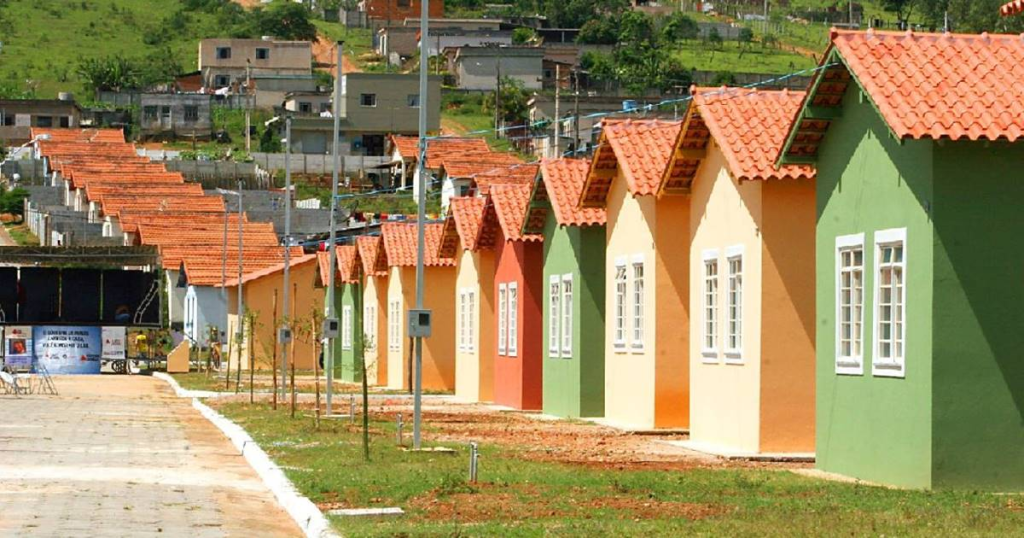A significant call to action has been issued to those registered with the Federal Government’s CadÚnico. If they do not adhere to the instructions, those registered risk losing some of the most important social benefits currently available. Many Brazilian citizens currently rely on these government subsidies to pay bills, settle debts and support their families.
The Federal Government’s Single Registry for Social Programs is the most vital source of data for granting a variety of benefits, including Bolsa Família, Vale-Gás, and others. Therefore, read carefully what we will explain below to avoid interruption of your monthly payments. In addition, get all the necessary information about the government’s recent appeal.
How many people are registered in the Single Registry?
First, it is essential to have a global view of the current CadÚnico scenario, including the total number of beneficiaries. Then, the question arises: how many registrations will there be in 2023?
Read also: Withdrawal of Bolsa Família without documents shocks Brazilians
According to the most recent survey by the Federal Government, published in March of this year by the Ministry of Social Development, more than 95 million Brazilians have their names in the database. However, not all registered people receive government benefits. For comparison, Bolsa Família pays around 21 million people monthly.
The Single Registry not only defines the list of beneficiaries of some of the most important social welfare programs, but also provides a snapshot of the Brazilian population. This is because it identifies the areas with the greatest need for government funds.
Government's call to Brazilians from CadÚnico
Recently, the Federal Government called on those registered with CadÚnico. According to the message from the Union, beneficiaries of social programs who do not update their data for more than 2 years may face the loss of monthly payments.
It is crucial to note that registration must be updated every 24 months. Additionally, information must also be renewed whenever significant changes occur in the family, such as:
- Births;
- Deaths;
- Weddings;
- Address changes;
- Changes in income bracket;
- Between others.
Therefore, the renewal of CadÚnico is vital for all beneficiaries of social programs who intend to continue receiving payments from the government.
Read also: Withdrawal of Bolsa Família without documents shocks Brazilians
The notice also highlights an important aspect. When renewing their registration, registrants must include a copy of an original document with a photo of the family representative (usually a woman).
Therefore, if you have not updated your CadÚnico recently, it is advisable to follow the guide that we will present below. This way, you will not lose benefits such as Bolsa Família and Vale-Gás.
How can registered users update CadÚnico?
First, it is important to clarify that the update is mainly carried out in person. Only families that have not had any changes in the last 24 months can update their information online.
In these cases, CadÚnico is updated through the Federal Government's official service channels. Even families who update their information online may be called to confirm the information in person if there are inconsistencies in the data.
Read also: Exceptional Benefit Will Reach 20,000 Families; See if you are eligible
Without further ado, check out the complete step-by-step guide for 2023 below:
- Use a search engine to locate the Social Assistance Reference Center unit closest to your home;
- On the official CRAS website, check whether it is necessary to schedule an appointment at the unit in question;
- If necessary, use the official website to schedule your appointment;
- If it is not necessary, go to the service location as quickly as possible;
- At CRAS, inform the attendant that you wish to update your CadÚnico;
- Present the following documentation (yours and all family members): birth certificate, marriage certificate (if applicable), voter registration card, indigenous administrative birth certificate (only for indigenous beneficiaries).


